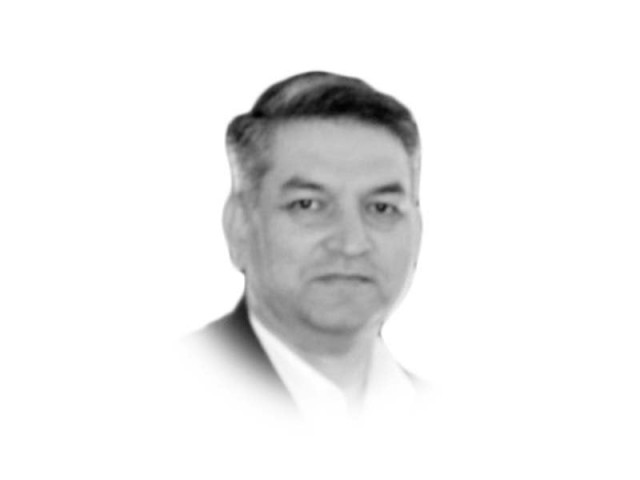India’s emerging fault lines
PM Modi rose to power by fuelling anti-Muslim sentiment and schism

The writer holds PhD in International Relations from Quaid-e-Azam University and focuses on regional and global developments
The CAA is precisely about religious discrimination and Muslims who are 14% of India’s population happen to be the only religious minority that were not mentioned in the act, which clearly states that “persons belonging to minority communities, namely, Hindus, Sikhs, Buddhists, Jains, Parsis and Christians from Afghanistan, Bangladesh and Pakistan, shall not be treated as illegal migrants for the purposes of that Act”. Though the NRC, published on August 31, 2019, seems Assam-specific, the BJP wishes to expand and implement this across the country consequently eyeing gaining electoral dividends. The CAA is discriminatory whereas the NRC increases community-specific alienation. Both measures amply clarify that India’s Muslim population and neighbouring countries are the main target. Developments across India according to voices in the media are likely to draw a negative impact in the future course. On the one hand, according to some analysts, these measures tend to alter demography and cultural uniqueness of certain regions and, on the other, exclusion of Muslims contradicts the ethos of the Indian Constitution and makes religion a criterion for citizenship, which carries a lasting negative impact.
Is this happening according to the well-orchestrated scheme or is this following up of the rhetoric which the BJP created during electioneering? Whatever may be the case, PM Modi lives up to the promises he made during large election rallies as Amit Shah claimed that measures taken by the Modi government enjoy the endorsement of the majority of Indians, as these steps formed part of the election manifesto in 2014. Indians, in Shah’s opinion, who voted overwhelmingly for the BJP in 2019, too endorsed the way the BJP rules. PM Modi rose to power by fuelling anti-Muslim sentiment and schism. Modi in 2014 did begin to “recast” India as a Hindu state but not as vigorously as he did after he won a massive parliamentary majority in 2019.
Given the precarious situation across Hindustan, it is distinctly clear that there are serious fault lines at the state level as to how it sees its subjects who are minorities and at the societal level where tolerance and acceptance is fast diminishing for a certain ethnicity or inclination. These fault lines are either deliberately brought to light, or fuelled to settle the question of identity of a certain community once for all, or these existed in India since long but were managed to reflect the secular credentials of India for the world at large. The prime object of this constitutional arrogance by Modi’s government however, remains the Muslim community across India. Owing to an incessant display of complacency by relevant international institutions and the civilised world coupled with Modi’s continuing arrogance, peace in the region is likely to run into perils.
Published in The Express Tribune, January 1st, 2020.
Like Opinion & Editorial on Facebook, follow @ETOpEd on Twitter to receive all updates on all our daily pieces.















COMMENTS
Comments are moderated and generally will be posted if they are on-topic and not abusive.
For more information, please see our Comments FAQ